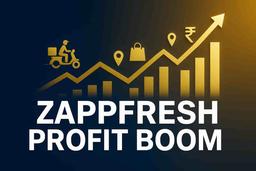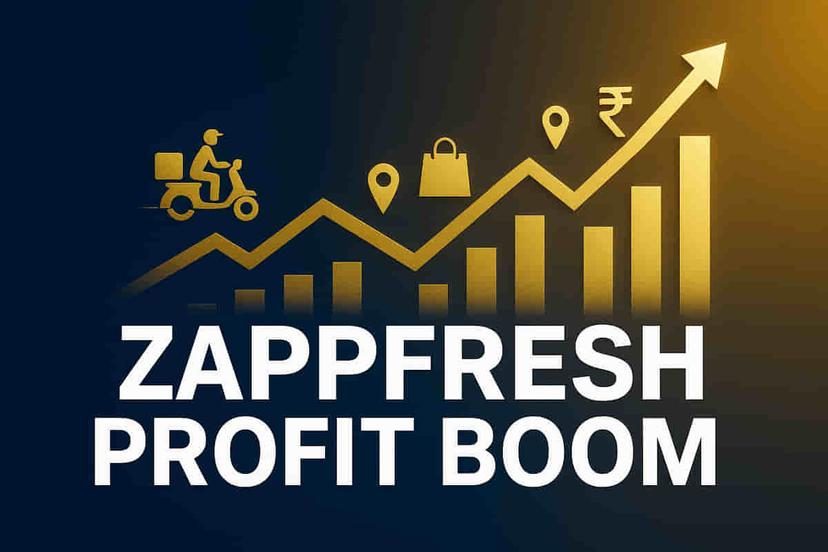Big Win for Indian Investors? DWS Group & Nippon Life India Forge Mega Deal – 40% Stake Acquired!
Banking/Finance
|
Updated on 13 Nov 2025, 01:38 pm
Reviewed By
Akshat Lakshkar | Whalesbook News Team
Short Description:
Stocks Mentioned:
Detailed Coverage:
Nippon Life India Asset Management (NAMI) and DWS Group, a prominent European asset manager, have entered into a Memorandum of Understanding (MoU) to forge a strategic alliance in the Indian market. This collaboration is set to enhance capabilities across alternative investments, passive funds, and actively managed strategies.
A significant aspect of this agreement is DWS Group's intention to acquire a 40% stake in Nippon Life India AIF Management Limited (NIAIF). NIAIF has already secured commitments of approximately $1 billion and boasts a decade-long successful track record in managing alternative assets.
The partnership also entails the joint development and launch of passive investment products for both the Indian domestic market and the Undertakings for Collective Investment in Transferable Securities (UCITS) markets, leveraging the mutual strengths in passive strategies. Furthermore, NAMI plans to utilize DWS's extensive global distribution network to promote and distribute its actively managed mutual funds that feature India-focused investment strategies.
NIAIF's current alternative product suite covers private credit, listed equities, real estate, and venture capital. Through this proposed joint venture, there are plans to expand this offering and extend coverage to offshore investors by leveraging DWS's international presence. The Indian Alternative Investment Fund (AIF) market is experiencing robust growth, with projections indicating a 32% compound annual growth rate (CAGR) over the next five years, potentially reaching $693 billion.
Impact: This strategic collaboration is expected to significantly bolster Nippon Life India Asset Management's competitive position, especially in the rapidly growing alternatives sector and its global distribution capabilities. For DWS Group, it represents a key step in expanding its footprint in one of the world's most crucial growth markets. Investors can anticipate a more diverse range of sophisticated investment products and services, potentially leading to enhanced investment outcomes. The deal underscores strong confidence in the long-term growth trajectory of India's financial services sector. Impact Rating: 8/10
Difficult Terms: * Memorandum of Understanding (MoU): A preliminary agreement or pact between two or more parties outlining the basic terms and understanding of a proposed deal or collaboration before a formal contract is signed. * Alternatives: Investment strategies or asset classes that differ from traditional investments like stocks, bonds, and cash. Examples include hedge funds, private equity, venture capital, real estate, and commodities. * Passive Assets: Investment strategies that aim to replicate the performance of a specific market index (like the Nifty 50 or S&P 500) rather than actively trying to outperform it. This typically involves index funds or Exchange Traded Funds (ETFs). * Active Assets: Investment strategies where fund managers make specific investment decisions to try and generate returns that outperform a benchmark index. This involves active stock picking, market timing, and portfolio adjustments. * AIF (Alternative Investment Fund) Management: Refers to the management of funds that pool capital from sophisticated investors to invest in alternative asset classes. * UCITS (Undertakings for Collective Investment in Transferable Securities): A set of European Union directives that regulate investment funds, making them more accessible and standardized for investors across the EU. * CAGR (Compound Annual Growth Rate): A measure of the average annual growth rate of an investment over a specified period longer than one year, assuming profits are reinvested. * AUM (Assets Under Management): The total market value of all financial assets that a financial institution manages on behalf of its clients.
Chemicals Sector

BIG WIN for Indian Industry! Govt Scraps 14 Key Quality Rules - Costs Plummet, Business Booms!
Consumer Products Sector

Red Fort Blast SHOCKS Delhi Markets! Fear Drives Buyers ONLINE, Businesses Plummet!

Vishal Mega Mart Q2 BLOCKBUSTER: Profit Rockets 46% - Retail Giant's Meteoric Rise Ignites Investor Frenzy!

LG Electronics' Q2 Shock: Revenue Up, But Profits Plummet Post-Listing! What's Next?

D2C Meat Sensation Zappfresh Reports Astonishing Profit Surge & Revenue Boom! Investor Alert!

Jubilant FoodWorks Rockets to Profit Tripling! Q2 Earnings SMASH Estimates – Investors REJOICE!








